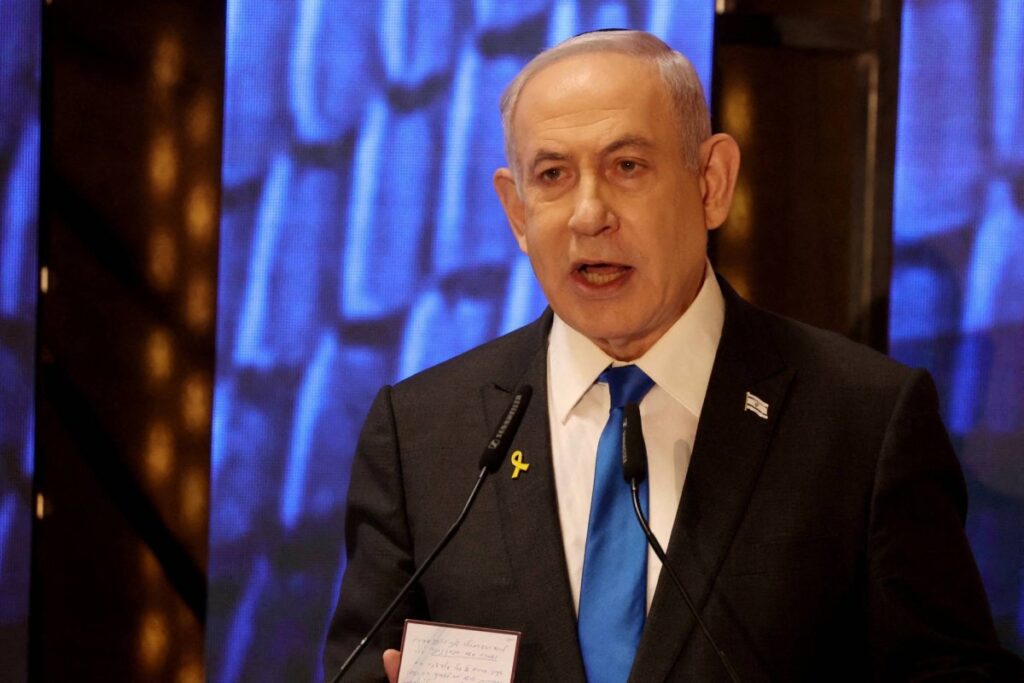Israel's Supreme Court on Sunday heard the state's response to a challenge to granting ultra-Orthodox Jews an exemption from military service, a long-standing source of friction with secular citizens that has been exacerbated by the protracted Gaza war.
In the name of equality, the Supreme Court in 2018 struck down a law that exempted ultra-Orthodox Jewish men seeking seminary study from conscription. Parliament failed to come up with an alternative, according to Reuters, and a stay on the government's order on compulsory conscription of ultra-Orthodox Jews expired in March.
That has Prime Minister Benjamin Netanyahu scrambling to agree a compromise on military service with his ultra-Orthodox coalition partners that could preempt a Supreme Court ruling that would require Israel to forcibly conscript members of its fast-growing minorities.
“We are not in calm waters. We are at war and the demand is growing,” Noam Solberg, one of nine judges hearing the case, told government lawyers who argued it was too early to conscript ultra-Orthodox Jews in large numbers.
Fighting with Palestinian Hamas in the Gaza Strip and related violence on the border with Lebanon has resulted in the highest number of military casualties in decades, leaving many Israelis angry that their own citizens are fleeing danger.
The ultra-Orthodox claim the right to study at a seminary instead of the standard three-year military service, some saying their devout lifestyle clashes with military customs and others citing ideological opposition to the liberal state.
Ultra-Orthodox Jews make up 13 percent of Israel's population, and because of high birth rates, that number is expected to reach 19 percent by 2035. Economists argue that conscription exemptions are driving some ultra-Orthodox Jews to attend seminaries unnecessarily, keeping them out of the workforce.
Government lawyer Doron Taubman said he was making it a high priority to increase enlistment of ultra-Orthodox Jews.
“But we also recognise that communities find the conscription of seminarians extremely difficult, both because of a fundamental fear that their way of life is at risk and because of a fear that their Bible study is at risk,” he told the court.
The first hearing in the case took place in February, but it is currently unclear when the court will issue a verdict.


